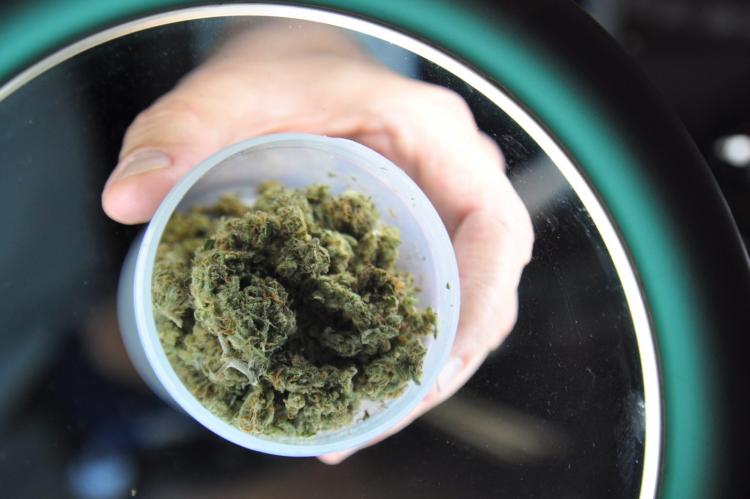Jamaica Unveils New Cannabis Standards, With an Eye Toward the Global Industry
Jamaican cannabis is about to have much better quality control standards, as regulators aim to expand international export opportunities.
On Wednesday, regulators announced one of the most significant revisions of cannabis cultivation and processing rules since the legalization of medical cannabis in Jamaica in 2015. Specifically, the country’s Bureau of Standards released new rules governing cannabis for medical, scientific and therapeutic uses, to align with guidelines established by ASTM International, a standards organization. Until now, Jamaica’s quality control standards were largely nonexistent, and farmers primarily relied on traditional cultivation methods that fall short of rigorous quality control standards found in other cannabis markets.
The move, which is a part of a wider revamp of cannabis regulations led by the Ministry of Industry, Commerce, Agriculture and Fisheries, aims to bring international best practices to its local cannabis industry in order to facilitate greater market access via exports.
“While we are a locally-based industry, we are globally focused,” said Floyd Green, the Minister of State in the Ministry. “We are focused on exporting our cannabis flower and cannabis products to the entire world. We are quite clear that for us to have a seamless system of exports, people must be assured that the cannabis that is grown here and the products produced here are safe and are of the highest standards.”
Green pointed to quality control, consistency, and compliance issues that have been a barrier for the island to unlock its market potential when it comes to participating in the global industry. These regulatory shortcomings have long been a concern for industry stakeholders in Jamaica, and these new rules also come on the heels of months of hand wringing over the future of the island’s formal commercial export regulations, as Cannabis Wire reported. In recent months, the island has also seen the departure of international players, such as Aurora and the Green Organic Dutchman—both based in Canada—due to profitability concerns.
For consumable cannabis products, Jamaica’s new “cannabis standards” would use four ASTM International standards that cover a range of practices, including plant and product analysis and handling. Those standards will exist alongside three new locally developed standards for cultivation, processing, packaging, labeling, and handling.
Machel Emmanuel, Vice Chair of the Cannabis Technical Committee, formed by the Bureau of Standards two years ago, explained to Cannabis Wire that the decision to work in tandem with ASTM International was based on the collaborative approach that body took.
“An approach such as this is in the best interest of small states like Jamaica. It allows us to have some influence over [ASTM] proceedings and by extension influence over international cannabis standards,” said Emmanuel, who also serves as post-doctoral researcher on the topic of cannabis at the University of the West Indies, Mona.
Last month, addressing criticisms from small farmers, Audley Shaw, the Minister of Industry, Commerce, Agriculture & Fisheries, pitched revisions to the regulatory framework for the cannabis industry as critical to diversification in the sector.
One of the most vocal critics, the Ganja Growers and Producers Association, told Cannabis Wire in the days prior to Shaw’s announcement that the local cannabis industry was a “failed experiment for the most part,” because it is not an inclusionary income-generating enterprise for low and middle-income Jamaicans. The Association called the regulatory framework for the industry “unworkable, restrictive, bureaucratic, and draconian.”
The regulations and a “special permit” program for small farmers, currently under consideration by the Cannabis Licensing Authority, which is expected to pave a path for small or subsistence farmers who currently find it challenging to obtain a license to enter into the medical cannabis industry. The “special permit” proposal, which would reduce fees for a Tier 1 cultivator license by at least 50%, could help thousands of farmers to enter the industry.
The cost of the permit, which allows for the cultivation of up to one acre, would be $1000 (USD), as opposed to $2,000, and it would be valid for two years. Much of this proposal has long been called for by the Ganja Growers and Producers Association as a part of a “ground up” approach to building the industry.
Moves are also afoot within Jamaica to boost cannabis tourism, Minister Green told Cannabis Wire earlier this month. Green reiterated those plans on Wednesday.
“One of the things that we have been constantly trying to do is make sure our licensees innovate,” Green said.
- Log in to post comments

